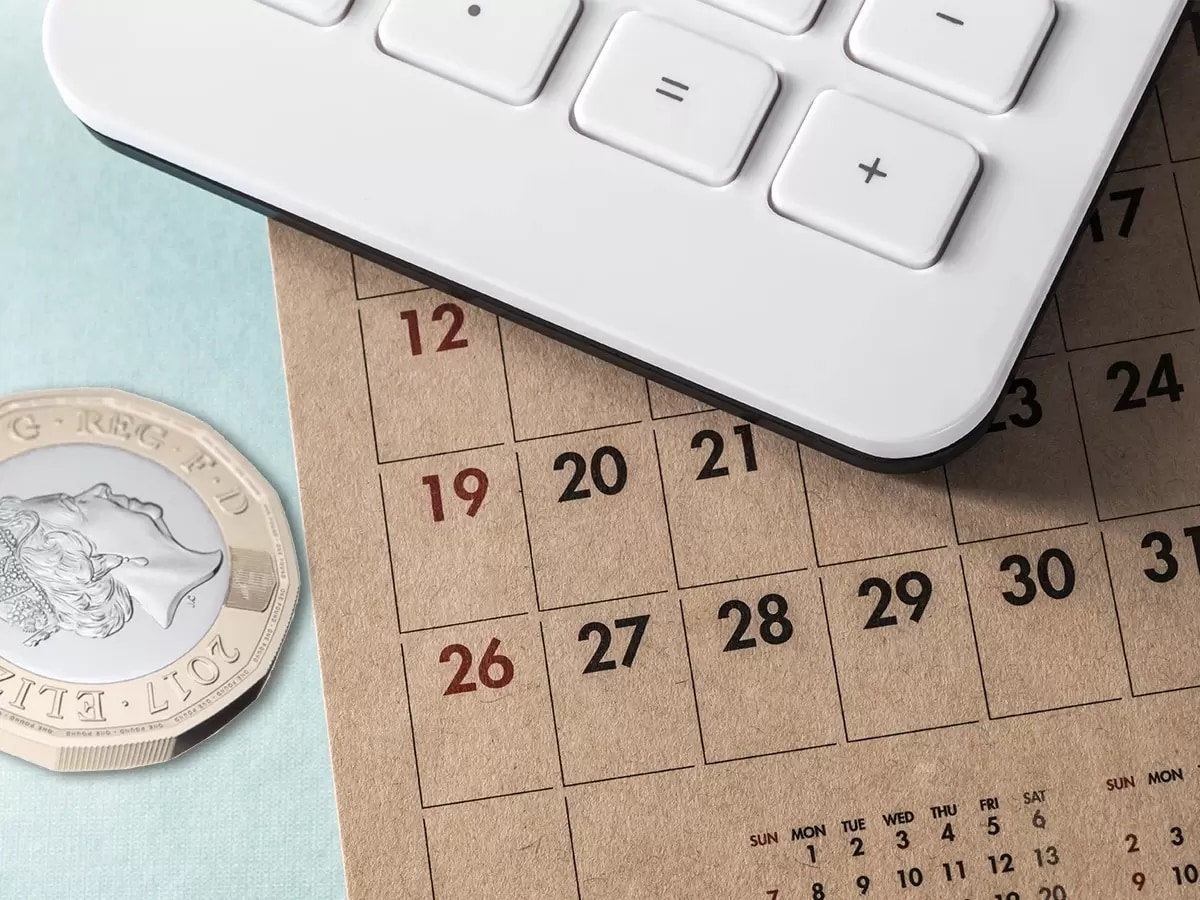Some experts recommend that you’ll need to save 25 times your annual expenses to become financially independent by retirement age, according to Money Under 30. The theory is that you can then withdraw 4% of your savings/investments to last you 30 years – adjusting for inflation.
For most people, this will require saving 10% to 30% of their salary, depending on age and other savings. The actual amount you need depends on how much you wish to spend in retirement and how long you live. A retirement calculator can help you figure out what you need to save. Keep in mind, the higher the return on your savings, the less you need to save each month/year.
But what if you don’t have much money to save each month? Don’t feel bad. Start out with what you can. Even a small amount each month could add up over time: £50 invested each month and earning 6%, which is less than long-term stock market return averages, could turn into more than £22,000 over 20 years.
The amount you save can then get allocated to your various goals. Some may be more immediate than others, so focus on those first. Based on your budget, calculate the amount you can afford – some financial advisers recommend that you initially save at least three to six months of savings – and then decide what percentage you will then allocate to each of your goals.
Remember, the earlier you start saving, the more compounding that occurs, especially if those retirement funds are invested and make a good return (more on that in the next section).



